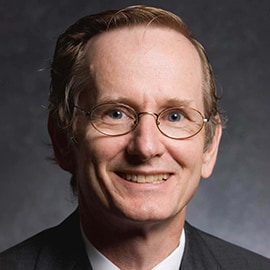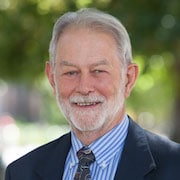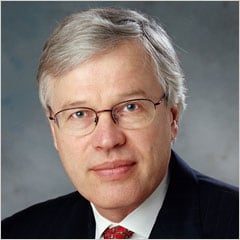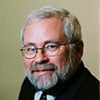


"It's a tremendous honor for me to accept this prize. The list of past awardees is illustrious and inspiring, and a little bit of humbling of course. It's a privilege to join their ranks. It is particularly meaningful for me since I have aspired throughout my career to use mathematical and statistical tools in order to answer questions that are important for our society and economy. This recognition is particularly meaningful in this context."
Professor Daron Acemoglu
Daron Acemoglu is an Institute Professor at MIT and an elected fellow of the National Academy of Sciences, the American Academy of Arts and Sciences, the Econometric Society, and the Society of Labor Economists.
His academic work covers a wide range of areas, including political economy, economic development, economic growth, inequality, labor economics, and economics of networks. Acemoglu is the author of five books, including Why Nations Fail: Power, Prosperity, and Poverty and The Narrow Corridor: States, Societies, and the Fate of Liberty (both with James A. Robinson).
Acemoglu has received numerous awards and prizes, including the Carnegie Fellowship in 2017, the Jean-Jacques Laffont Prize in 2018, and the Global Economy Prize in 2019. He was awarded the John Bates Clark Medal in 2005, the Erwin Plein Nemmers Prize in 2012, and the 2016 BBVA Frontiers of Knowledge Award.
Acemoglu earned a bachelor’s degree in economics at the University of York, a MSc in econometrics and mathematical economics, and a doctorate in economics both from the London School of Economics.
Professor Daron Acemoglu: Publications and In the News
The CME Group-MSRI Prize in Innovative Quantitative Applications was founded in 2006 by CME Group’s Chairman Emeritus, Leo Melamed. CME Group, in partnership with the esteemed Mathematical Sciences Research Institute, awards this prize annually to a recipient with exemplary work in the field of mathematical sciences and who recognizes the vital impact quantitative research and application play in shaping global financial markets. It recognizes an individual or group who has contributed and applied original and significant ideas and concepts to quantitative fields such as mathematics, statistics, and computing for the study of market’s behavior and global economics.
Read the OpenMarkets series on CME Group-MSRI Prize winners.
The Mathematical Sciences Research Institute (MSRI) is one of the world’s preeminent centers for collaborative research in mathematics. Since 1982, MSRI’s topic-focused programs have brought together emerging and leading minds in mathematics, in an environment that promotes creativity and the interchange of ideas. Over 1,700 mathematical scientists spend time at MSRI’s Berkeley, California-based headquarters each year. MSRI is known around the world for the quality and reach of its programs and its leadership in basic research, mathematics education, and programs for the public understanding of mathematics.
Past recipients of the CME Group-MSRI Prize have included distinguished luminaries in economics and mathematics. Seven out of the previous twelve recipients have gone on to receive the Nobel Prize in Economic Sciences, including in 2020 when Paul Milgrom and Robert Wilson won for improvements to auction theory and inventions of new auction formats.
Throughout history, CME Group has continually embraced change and fostered an entrepreneurial spirit that has enabled the futures industry to grow and prosper. To a greater extent, the power of innovation has proven its ability to transform business, influence the direction of civilization, and alter its reality for the better. CME Group’s Center for Innovation (CFI) creates and sponsors thought-provoking original programming that identifies, showcases, and fosters examples of significant innovation and creative thinking across multiple industries in both the public and private sectors. Each program explores and communicates the principles behind innovation, and more importantly, showcases their application to a broad and diverse audience.
The CME Group-MSRI Prize in Innovative Quantitative Applications is a signature program of the CFI. Read more about CFI here.













